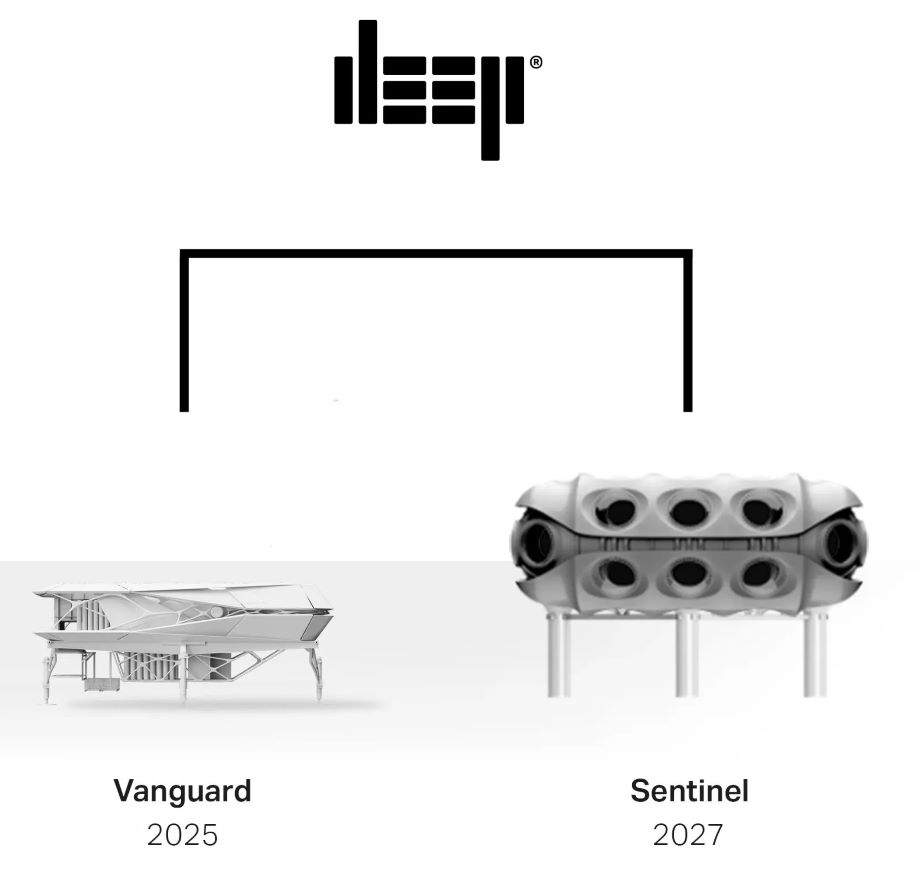Secretive wealthy investor is building underwater settlement for humans in England
An initiative aiming to establish a permanent human settlement beneath the ocean by 2027 is underway near Chepstow, the United Kingdom.
Funded by an anonymous ultra-wealthy investor, the project named "Deep" is designed to accommodate dozens of people in capsule-shaped Sentinel structures, which can be interconnected on the sea floor. Their residents would live, work and entertain themselves for up to 28 days at the depth of 200 meters, the team said on the project’s website.
More to read:
Jules Verne was right: Oceans are hidden beneath Earth
The goal is not just about creating underwater homes but about deepening humanity’s understanding of the ocean and its role in sustaining life on Earth.
The first Sentinels would be used by researchers and later be available for private rental. Over time, Deep aims to extend human occupancy to months or even indefinitely, achieving its ambitious vision: “to live in the ocean, forever.”
They will include a kitchen, study area, six bedrooms and fully fitted bathroom.

The second, turtle-shaped habitat called Vanguard is smaller and is designed to host short-term missions such as training, reconnaissance and recovery. It will allow divers to spend extended periods of time working underwater and – unlike Sentinel – it can be moved upon necessity to other parts of the ocean.

The project is being currently developed at a former limestone quarry turned into a training facility near Chepstow, where engineers, scientists, and private enthusiasts would learn to live underwater for extended periods.
The investor, whose identity remains a mystery, has already spent the equivalent of $125 million in infrastructure, materials and design plans, according to British press reports.
More to read:
Scientists discover life beneath the ocean floor
The project draws inspiration from past underwater habitation experiments, including Jacques Cousteau’s Conshelf habitats of the 1960s and the Aquarius Reef Base in Florida, which remains the only active undersea research station today.
However, Deep aims to surpass these predecessors by constructing a network of undersea habitats across the globe, facilitating continuous human presence in the ocean.
***
NewsCafe is an independent outlet. Our sources of income amount to ads and subscriptions. You can support us via PayPal: office[at]rudeana.com or https://paypal.me/newscafeeu, or https://buymeacoffee.com/newscafe - any amount is welcome. You may also want to like or share our story, that would help us too.







